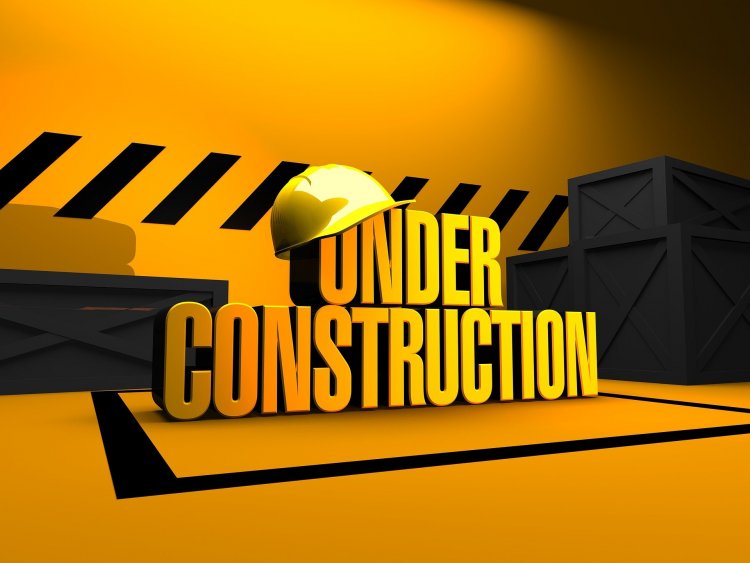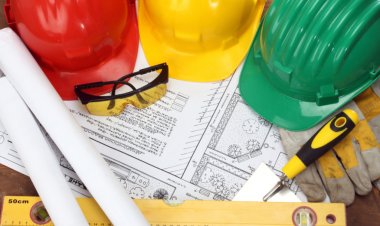Buying Property off Plan: How to go about it
Buying property off-plan is investing in a home that has not been constructed yet or one that is in the initial stages of construction. This can be a good way to invest in a home especially if you cannot afford to buy or build a house in a short period of time.

If the construction has not begun yet, the developer provides a show house to give the investor an impression of what to expect. Off-plan buying involves a lot of risks and as such, it is always advised to carry out due diligence before deciding to invest.
The Pros:
- Fixed price despite the appreciation- Whether the property will appreciate or not, the price agreed on will not change. Most of the time property appreciates, and this is a good thing as you will make more profits from the investment.
- Convenient payment plans- Once you have cleared the initial payment, you will pay the other installments as construction continues. Having in mind that it can take one and a half to three years for the construction to be completed, you can put money into other uses and investments.
- You can have your say- Some construction plans may allow you to design your house in a certain way, so long as it does not interfere with the construction cost. But this is subject to the developer’s approval.
- Frees you from many duties- As an investor, you won’t have to get involved with the construction that much, except maybe for going for the site visits.
The Cons:
- The developer may turn out to be a disappointment- Some developers are fraudsters and they only begin projects to con people. Other developers depend solely on the investors’ installments (something which is not advised) and when some investors fail to pay, the construction stalls.
- Delays may be experienced- As an investor, in order to minimize the disappointments, you have to make room for errors and unexpected delays. Delays may be due to the late arrival of imported construction materials, bad weather and such.
- The end product may not meet your expectations- It will be hard for the developer to meet the specific needs of each and every investor. And so, the complete house may not be as perfect as you would like it to be.
Damage Control Measures
In order to ensure no damage is done to your bank account, there are measures to be taken. You have to exercise due diligence at every step.
- Research and seek guidance from professionals
Get as much information as possible about what you are investing in. Talk to real estate consultants and other people who have bought homes through this plan. Ensure that you can actually be able to pay up until the end without defaulting. Weigh every option before making the final decision.
- Always have a lawyer with you
Lawyers are the most valuable people on this type of investment. They will guide you and offer sound advice. They will lead you through the contract signing and show you any red flags contained in it. But even with a lawyer, read the contract for yourself before signing.
- Work with developers with good reputations
It is always safe to work with developers who already have a good reputation; they are less likely to disappear with the money. But if you know the developers well, even if they are just new to the business, you can still entrust them with your money.
- Location, location, location
When the deal is too good….. Some locations are not really good to invest in. It is advisable to invest in areas where the land appreciates over time, and also places where your security is assured.
- Go for site visits and ask questions
By going for site visits and asking relevant questions, you will make be able to gauge if the investment is worth your time and money or not. The visits will give you an idea of the type of materials used, the progress of the construction among other things.
- Make payments on time
Be sure that you can commit to paying the installments until the end. Have a plan B in the financing. If you fail to pay on time, you will be inconveniencing the developer, and if you fail completely, you may lose all your investment.
























![7 Famous Architectures in Africa [PHOTOS]](https://realestateblogpost.com/uploads/images/2023/05/image_380x226_646c9c2bd8642.jpg)








